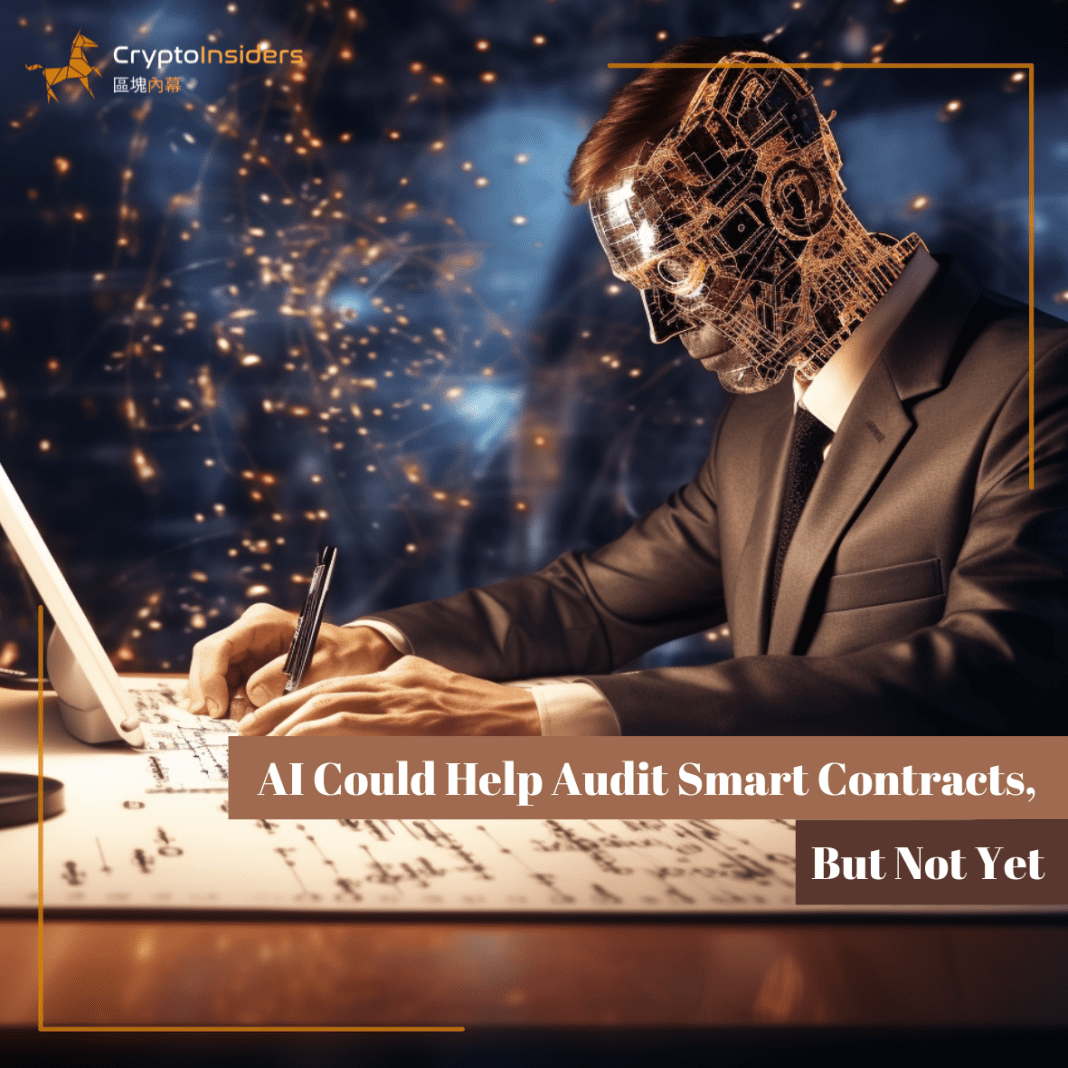Introduction
Smart contracts have become increasingly popular in recent years due to their ability to enable trustless and automated transactions on the blockchain. However, as with any technology, there is always the potential for bugs and vulnerabilities to be present in smart contracts. This is where the idea of using artificial intelligence (AI) to audit smart contracts comes in. By using machine learning algorithms, AI could potentially identify and fix issues within smart contracts.
The Potential for AI in Auditing Smart Contracts
One of the main advantages of using AI to audit smart contracts is the speed at which it can identify issues. Humans can only review code at a certain pace, whereas AI can analyze code at a much faster rate. Additionally, AI can be used to review a larger number of smart contracts than humans can, allowing for a more comprehensive audit.
Another advantage of using AI is the ability to identify patterns in code that may not be immediately apparent to humans. This could help to identify potential security vulnerabilities or other issues that may not have been immediately apparent.
However, while the potential for AI in auditing smart contracts is great, there are still some limitations to the technology.
Limitations of AI in Auditing Smart Contracts
One of the main limitations of AI in auditing smart contracts is the fact that it is still a relatively new technology. While machine learning algorithms have come a long way in recent years, there is still much to be learned about how they work and how they can be applied to different use cases.
Additionally, smart contracts can be complex and difficult to understand, even for experienced developers. This means that AI algorithms may not always be able to accurately identify issues within smart contracts.
Finally, there is the issue of bias. AI algorithms are only as good as the data they are trained on. If the data used to train an AI algorithm is biased in some way, then the algorithm may produce biased results. This could be a problem when auditing smart contracts, as biased results could lead to incorrect conclusions about the security of a particular contract.
Related:Grayscale Resolves Lawsuit with Fir Tree Bitcoin Trust Investor
Conclusion
While AI shows great promise in auditing smart contracts, there are still some limitations to the technology that need to be addressed. As machine learning algorithms continue to evolve and more data becomes available, we may see AI become an increasingly important tool in ensuring the security and reliability of smart contracts on the blockchain. However, for now, it is important to recognize the limitations of the technology and to continue to rely on human expertise in auditing smart contracts.





